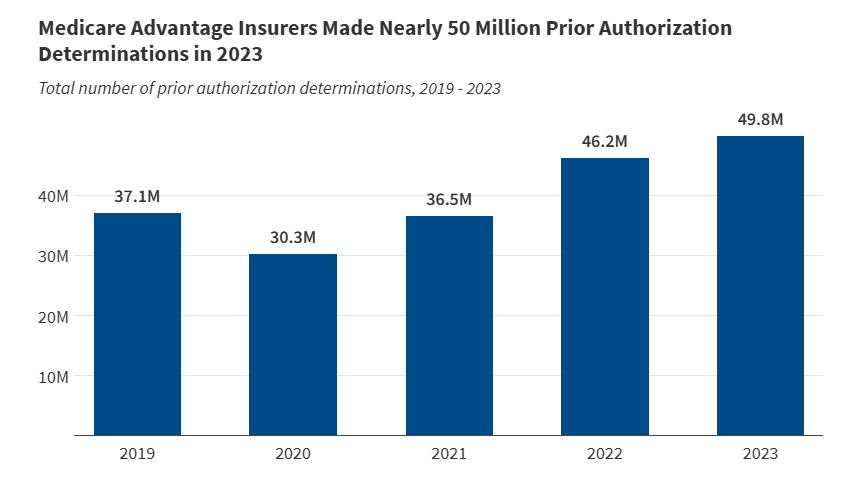Penelope
Diamond Member
- Jul 15, 2014
- 60,265
- 15,803
- 2,210
Rural hospitals have long struggled financially and the situation is getting worse. In the mid-1940s, Congress provided funding to build hospitals in rural areas, leading to a rise in their numbers, especially in the South. By the 1980s and 1990s, those hospitals began closing, partly a result of Medicare spending.

 stacker.com
stacker.com
With the advent of Advantage Plans, what are you going to do if your hosp closes.

Florida is the #9 state with the most rural hospital closures since 2005
Sidecar Health investigated rural hospital closures in Florida using data from the University of North Carolina Sheps Center for Health Services Research.
With the advent of Advantage Plans, what are you going to do if your hosp closes.




 JACHO has closed ER's , and put hospitals out of biz now for decades....~S~
JACHO has closed ER's , and put hospitals out of biz now for decades....~S~